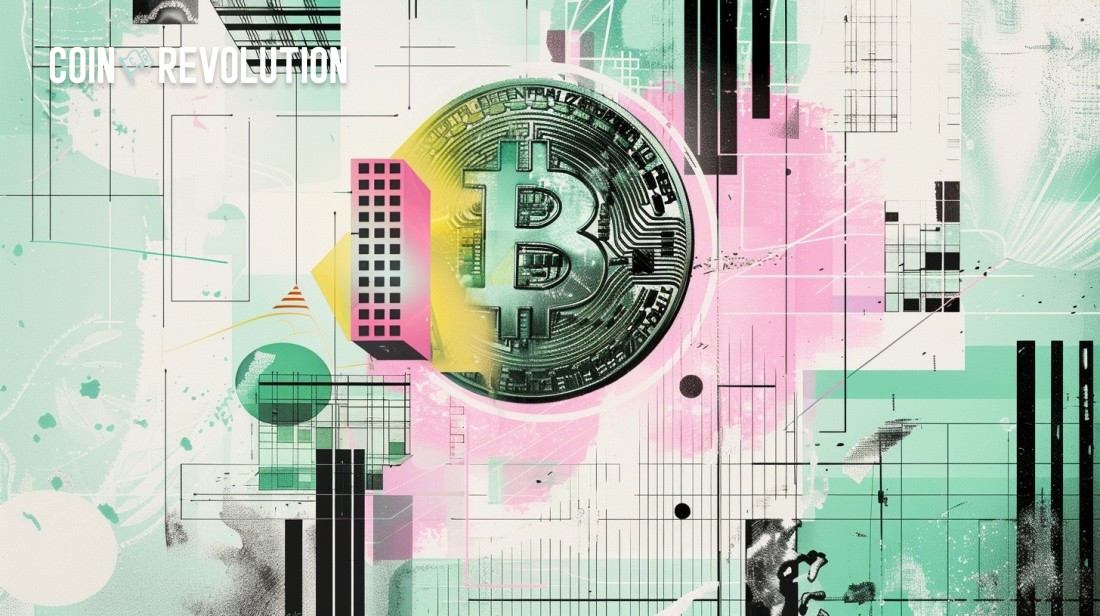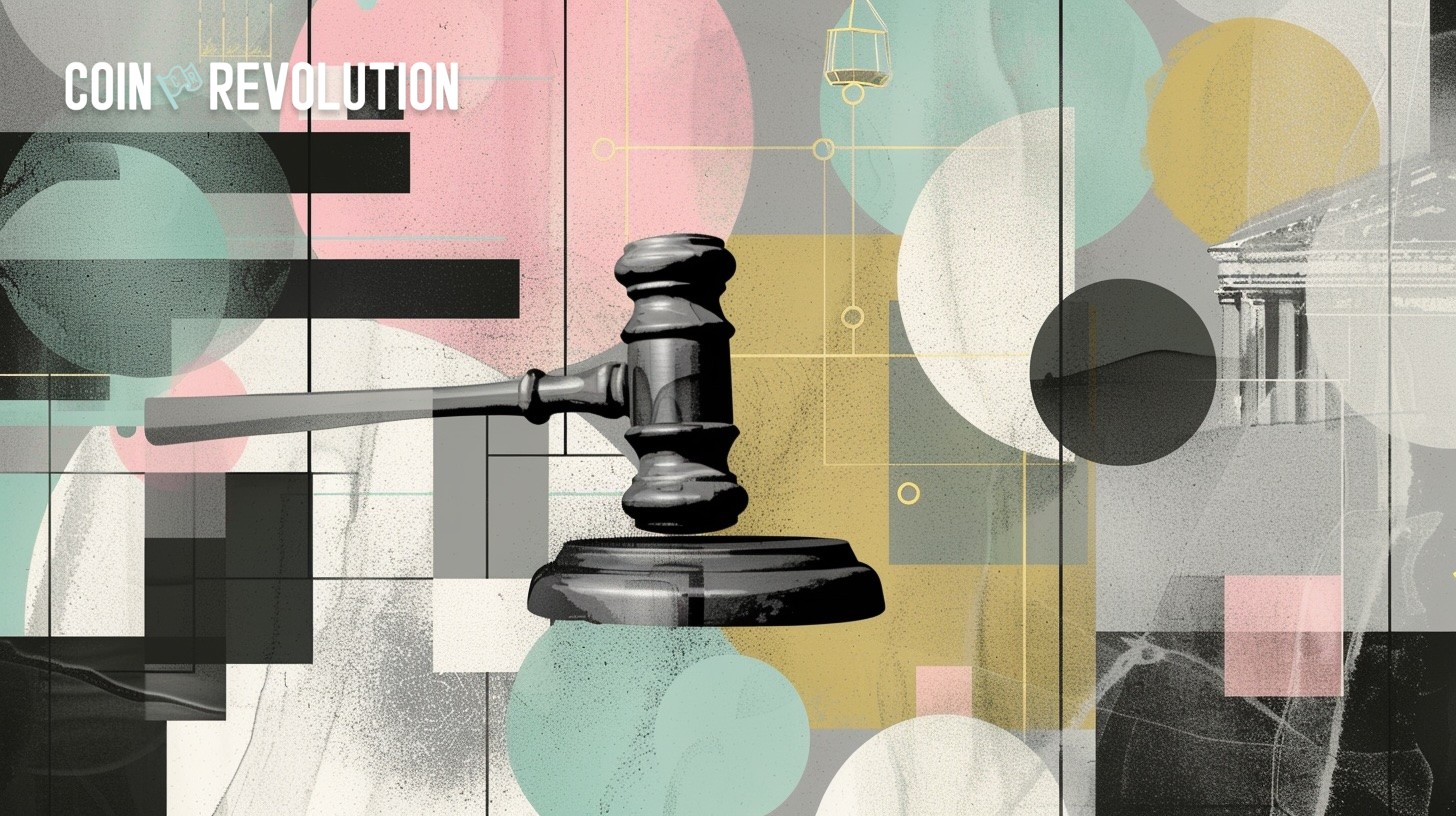Sam Altman Warns Banks: AI Voice Fraud Threatens Financial Security

OpenAI CEO Sam Altman warns the Federal Reserve that AI voice cloning has defeated bank security systems, enabling fraudsters to bypass authentication.
OpenAI CEO Sam Altman told federal regulators that artificial intelligence can now clone voices well enough to fool bank security systems and authorize fraudulent transactions.
Speaking at the Federal Reserve’s annual regulatory conference in Washington on July 22, Altman said AI tools have “fully defeated” voice-based authentication that some banks still use for customer verification. He called continued use of voiceprint systems “a crazy thing to still be doing.”
Altman explained that current AI technology can create voice clones that are “indistinguishable from reality” using just seconds of recorded audio. Criminals can use these clones to impersonate bank customers during phone calls and trick call-center staff into approving large money transfers.
Banks began using voiceprint authentication over a decade ago to make phone verification faster and easier for customers. The systems required customers to speak challenge phrases to access their accounts. However, modern AI can now replicate any person’s voice pattern from minimal audio samples.
Major banks continue to rely on voiceprint challenges for high-value transactions, making them vulnerable to these attacks.
Fed Vice Chair for Supervision Michelle Bowman, who moderated the session, agreed that banks need new verification methods. She suggested regulators, financial institutions, and AI developers should work together to create stronger defenses.
Altman said criminals are actively using AI voice cloning to target consumers and institutions, while deepfake video calls represent the next challenge that could make current identity verification completely obsolete.
The CEO urged banks to stop using biometric and voiceprint systems and adopt multi-factor authentication plus behavior-based fraud detection instead. He warned that AI tools designed to help banks with productivity could be used by criminals unless security measures keep pace with advancing technology.
“Passwords remain secure,” Altman said, while noting that virtually every other identity verification method now faces vulnerability to AI mimicry.
The information published on CoinRevolution is intended solely for general knowledge and should not be considered financial advice.
While we aim to keep our content accurate and current, we make no warranties regarding its completeness, reliability, or precision. CoinRevolution bears no responsibility for any losses, errors, or decisions made based on the material provided. Always do your own research before making financial choices, and consult with a qualified professional. For more details, refer to our Terms of Use, Privacy Policy, and Disclaimers.










